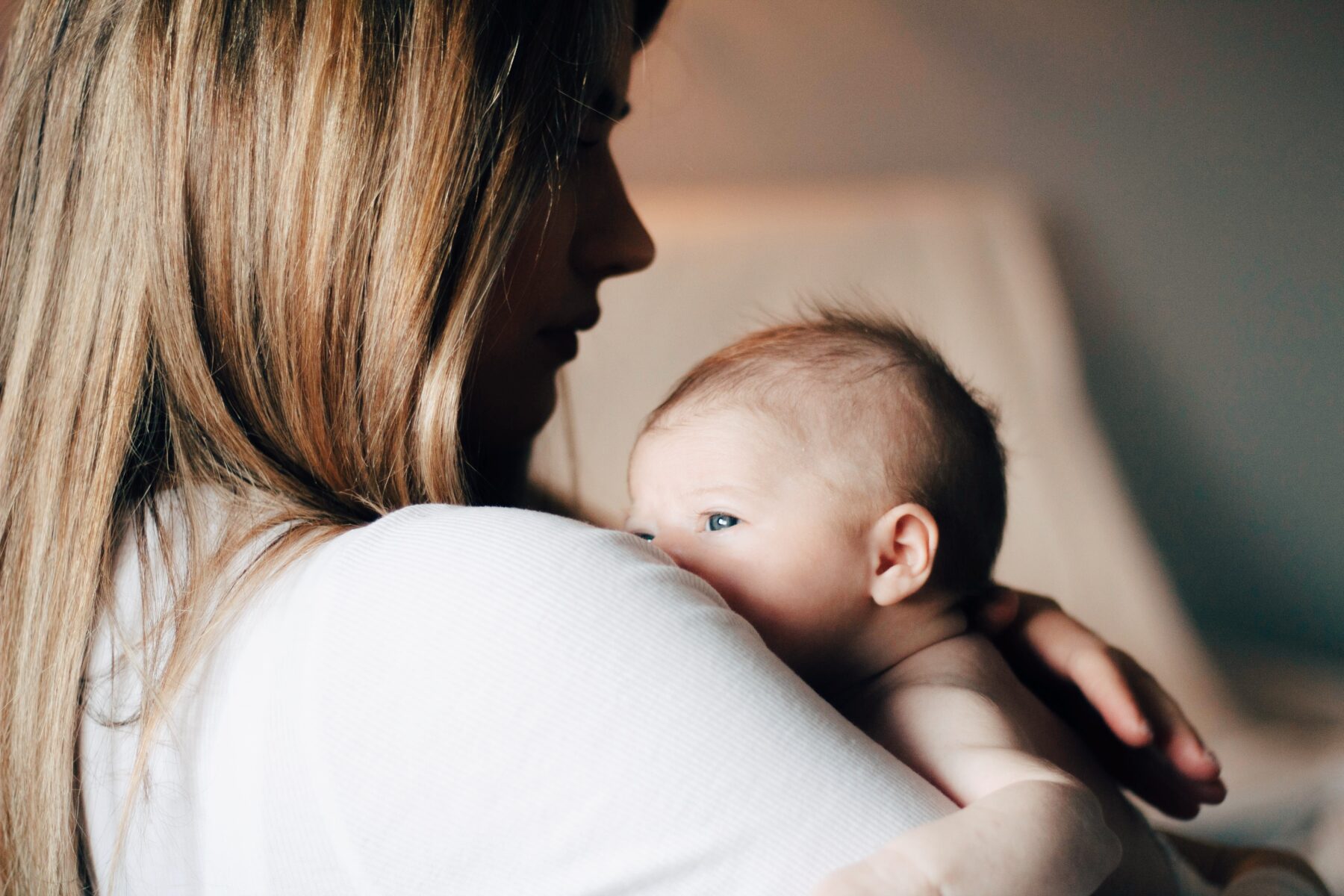Breastfeeding association awarded funding to help infants in natural emergencies

The Australian Breastfeeding Association (ABA) has been awarded federal funding to address the ‘benign neglect’ of infants in natural emergencies, the first of its kind in Australia and only the second worldwide.
The $685,000 emergency preparedness program has been developed to support the critical needs of babies and young children during natural disasters, thanks to Federal Government funding.
The Community Protection for Infants and Young Children in Bushfire Emergencies Project will seek to better understand and reduce the negative impact of emergencies on the health and wellbeing of infants and young children and their caregivers in Australia.
While emergency preparedness is heavily invested in across Australia, until now, children have been largely overlooked.
A 2013 report by Save the Children warned that children had been subjected to ‘benign neglect’ in disaster preparation. It concluded that ‘there is no standard practice with regard to planning for the unique needs of children’ in emergencies. When it comes to the very youngest, a 2019 audit of Australian emergencies plans identified a ‘dearth of planning at all levels of government for the needs of infants and young children’.
ABA’s Senior Manager for Breastfeeding Information and Research, Naomi Hull, applauded the Australian Government for recognising the urgent need for planning for infants and young children in emergencies.
‘This landmark funding will provide a strong evidence-led base for ABA to develop emergency response training for the protection of babies and young children, in and around natural emergencies,” she said.
“They are society’s most vulnerable, and after the horror experiences of the Black Summer Bushfires, where babies were the last to be evacuated from Mallacoota, it is vital that future emergency planning prioritises solutions for their most basic human needs.”
Research for the project will be undertaken nationally, with emergency planning resources and modules to be developed and implemented within NSW’s Eurobodalla Shire.
The research component of the project, the Babies and Young Children in the Black Summer (BiBS) Study, is being undertaken in collaboration with Western Sydney University and will capture the experiences of families with children birth to four years of age across Australia during the Black Summer Bushfires of 2019-20.
“Emergency planning for young children in Australia has been hampered by a lack of knowledge of how to provide support to the very young. The BiBS Study will develop a desperately needed evidence base to enable emergency planning to protect babies and young children and their caregivers in natural disasters,” ABA Project Lead Dr Karleen Gribble said.
Over the Black Summer, lack of planning adversely impacted families with young children. Lack of advice on resources needed to evacuate with a baby was noted as being in stark comparison to guidance on how to evacuate with a pet.
Poor evacuation centre facilities resulted in caregivers who were bottle-feeding needing to wash bottles in toilet sinks, and some families left centres because of concerns about child safety with animals there. The young children of Mallacoota in Victoria were the last to be evacuated from the choking smoke because they could not climb Navy ship ladders.
Amongst the regions worst impacted over the Black Summer was NSW’s Eurobodalla Shire, where the project has strong local support. The ABA will work with the community to apply the knowledge gained from the national research to develop emergency responder training, to support the needs of babies and young children.
Eurobodalla will become a model for local governments and community organisations across Australia to ensure that the children of the future are protected in disasters, Ms Hull explained.
Further details on the project can be found here.
Popular

Quality
Practice
Provider
Research
ECEC in focus - Una Springwood’s intergenerational initiative brings young and old together through connection and care
2025-06-30 10:00:45
by Contributed Content

Provider
Practice
Quality
Research
Aboriginal Education Strategy drives early learning and school success in South Australia
2025-07-01 09:55:12
by Fiona Alston

Workforce
Policy
Quality
Research
Inclusive Practice Framework set to strengthen inclusion in early childhood settings
2025-06-24 11:37:00
by Isabella Southwell











